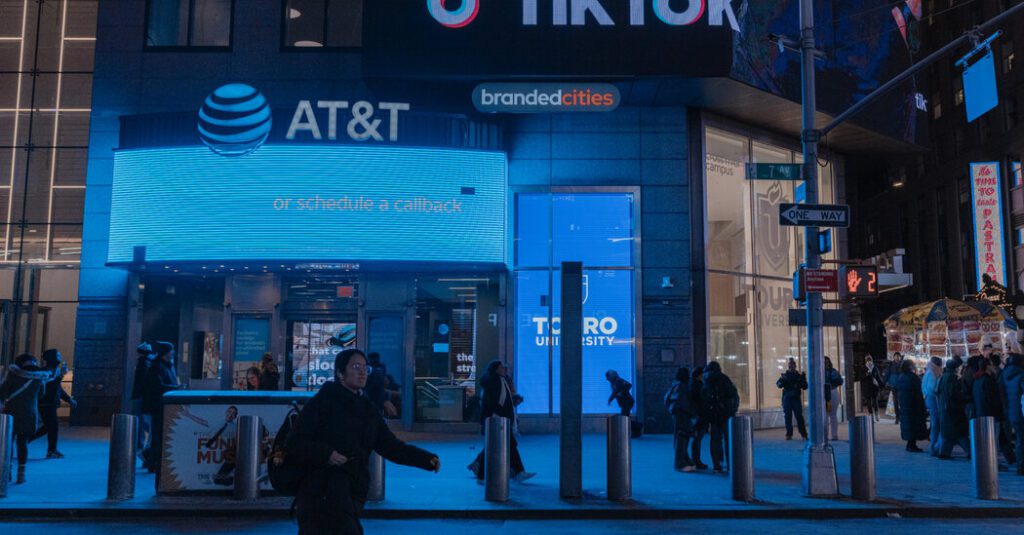TikTok Granted Additional Time Amid U.S.-China Tensions
In a recent development, President Trump announced on Friday that the deadline for TikTok to separate from its Chinese parent company, ByteDance, has been extended by an additional 75 days. The app was initially facing a ban if no deal was reached by Saturday, but this reprieve now grants it until mid-June to negotiate a compliant arrangement with potential buyers.
Background on TikTok’s Ownership Challenges
This is not the first time TikTok has received an extension; earlier this year, President Trump paused the enforcement of a ruling aimed at restructuring the app, despite it being upheld by the Supreme Court. In a post on Truth Social, Trump mentioned, “The Deal requires more work to ensure all necessary approvals are signed” and expressed a desire to avoid TikTok “going dark.”
Political Context and Trade Relations
The extension comes during a volatile period in U.S.-China relations, marked by escalating tariffs. Recently, Trump imposed a 34% tariff on Chinese goods, inciting a retaliatory response from Beijing with equivalent tariffs on U.S. imports. Discussions have surfaced regarding the possibility of using a TikTok deal as leverage for reducing trade tensions.
This situation raises significant concerns about presidential authority and the rule of law. Although a federal law mandating changes to TikTok’s ownership was enacted last year with broad bipartisan support, President Trump’s actions have effectively bypassed this legislative intent by suspending its enforcement.
ByteDance’s Involvement and Negotiation Developments
For the first time, ByteDance acknowledged its active participation in the negotiations with the U.S. government regarding TikTok’s future. A spokesperson stated, “There are key matters to be resolved,” emphasizing that any agreement reached will require adherence to Chinese law.
Ongoing negotiations have attracted interest from various potential investors, including Amazon and private equity firm Blackstone, suggesting that the app could be structured as a new independent company with reduced Chinese ownership.
Concerns Over Data Security
The core issue surrounding TikTok’s operations in the U.S. revolves around national security concerns regarding data privacy and potential Chinese government access to American user information. U.S. intelligence officials have noted the risk that the Chinese government could leverage TikTok to obtain sensitive data or disseminate misinformation, especially heightened amid geopolitical conflicts.
In response to these anxieties, TikTok has consistently asserted that it has measures in place to protect user data and maintain compliance with local laws, although public trust remains a significant hurdle for the platform.
Implications for the Future
Current developments indicate that TikTok will continue operating in the U.S. for the foreseeable future, despite previous glitches when the enforcement of the law temporarily put the app offline. As lawmakers express concerns over potential liabilities for companies distributing TikTok, implications of this ongoing saga could affect both Congress’s legislative direction and future tech policy.
Alan Rozenshtein, a former national security adviser, noted, “There isn’t a ton that Congress can do,” highlighting the broader implications of this complex situation. The interplay between corporate interests and national security will likely remain a point of contention as negotiations progress.


